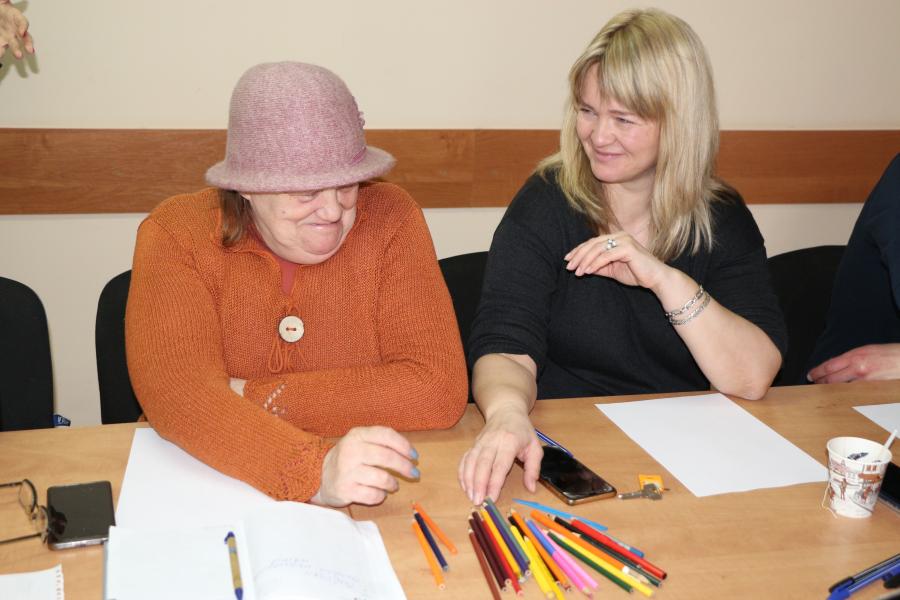35 women infected with HIV received psychological assistance as a response to COVID-19 pandemic
12 May 2020
A woman living with HIV in Balti, a single mother of three, lives in great difficulty. Lack of any income and a wrecked house makes her situation even more difficult. Another woman, also infected with HIV, tries hard to feed her 3 children with 700 lei - the monthly income of her family during the pandemic. At the same time, in Comrat, a third woman living with HIV has no income and lives from community support.

These are just a few stories of women living with HIV, revealed during the mentoring sessions on reduction of self-stigmatization organized by UNAIDS Moldova in April. In total, 35 women living with HIV or belonging to the affected key groups from both banks of the Nistru River were involved in the mentoring program, while the sessions were offered through online platforms and tools. In the context of COVID-19 pandemic, the sessions mainly centered on such topics as prevention and mitigation of the risk of infection, the right to health and stress management.
"The women-participants shared their fears and challenges during the pandemic. For majority of them, the lockdown meant lost income, which in turn led to further aggravation of their situation. We offered them counseling, psychological assistance and information they need in these days of quarantine, and we tried to improve certain social aspects by facilitating food packages to the neediest women" says Irina Belevțova, Coordinator of the Mentoring Program, UNAIDS Moldova.
"This group of women was always exposed to stigma and discrimination, lack of a job, difficulties in supporting their families, and domestic violence. Unfortunately, COVID-19 contributed to further aggravation of their situation. The mentoring program for women infected and affected by HIV was adapted to the new needs, both in terms of the content and the way this service was provided. We managed to provide information and counseling and identify certain solutions, including at the community level/mutual aid solutions to our group" says Svetlana Plamadeala, UNAIDS Moldova Country Manager.
"Mentoring sessions helped me better understand this lockdown at home and how to go through it emotionally. It's hard to talk when you're in a precarious situation. This is why psychological and social support is very important for us in these moments" says Tatiana Meşereacova, a participant in the program.
The mentoring program organized on both banks of the Nistru River aims to empower women infected and affected by HIV by developing their psycho-social skills and giving them knowledge about their rights, which would allow them to lead a better and dignified life.
This activity is organised under the ONE UN Joint Action "Cross-River Support to Human Rights" funded by Sweden.


